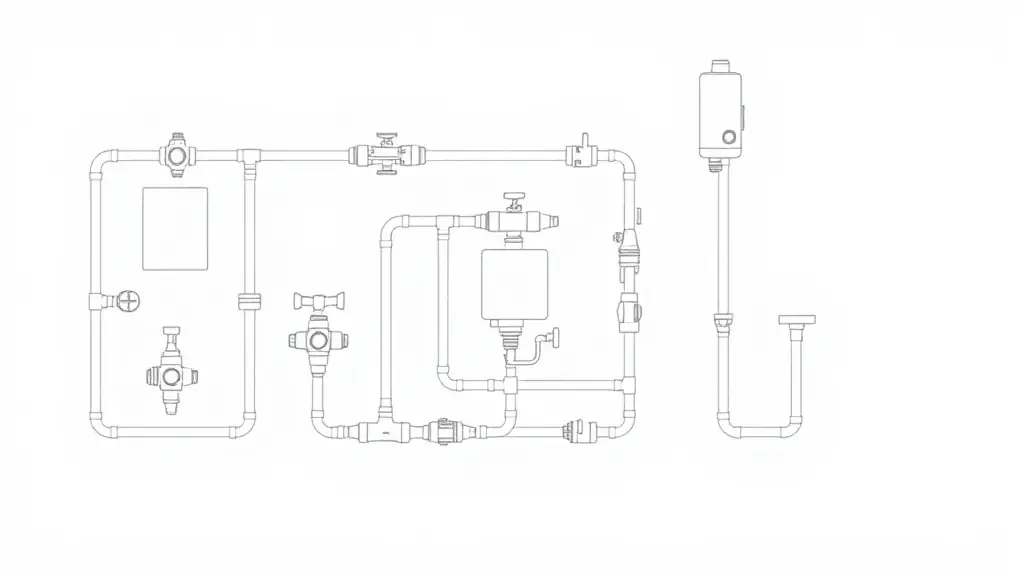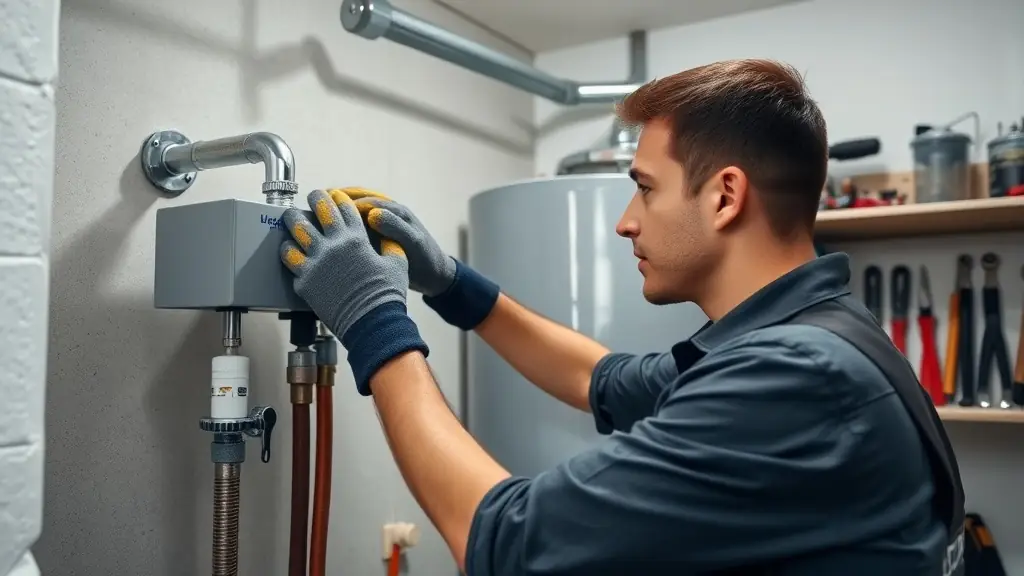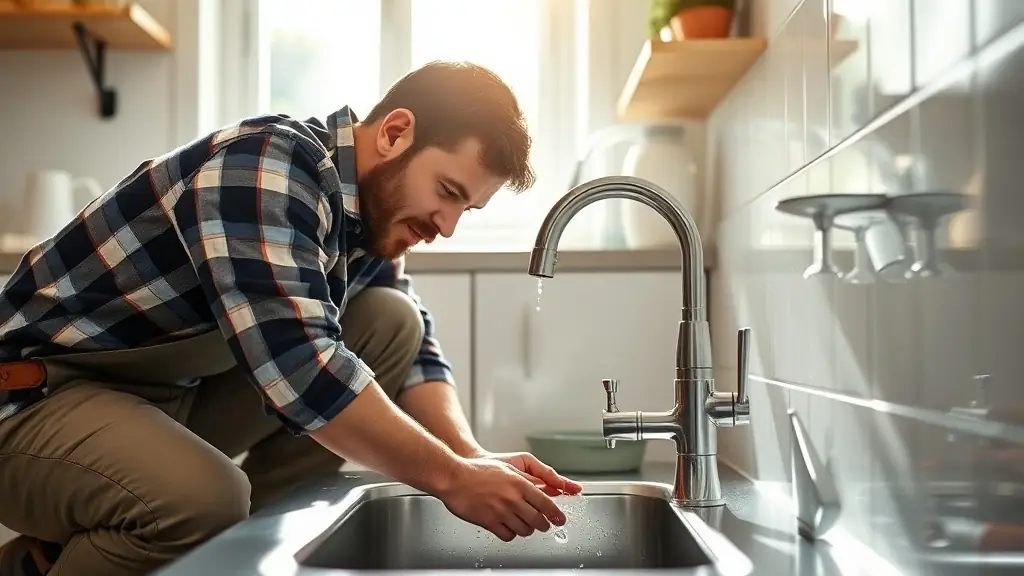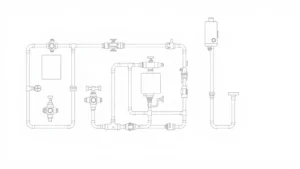Your plumbing system is a complex network that delivers water to your home and removes waste. Understanding how it works can help you troubleshoot minor issues and communicate effectively with your plumber. The system consists of supply pipes that bring fresh water in and drain pipes that carry wastewater out. Knowing the layout of your plumbing can be beneficial in case of emergencies.
One key component of your plumbing system is the water heater, which heats water for your home. Regular maintenance of your water heater can extend its lifespan and improve efficiency. It’s also important to know how to adjust the temperature settings to prevent scalding and save energy. Additionally, understanding the role of your home’s drainage system can help you identify potential problems, such as slow drains or foul odors.
Lastly, familiarize yourself with the various fixtures in your home, such as faucets, toilets, and showerheads. Knowing how to operate and maintain these fixtures can prevent minor issues from escalating. By taking the time to understand your plumbing system, you can become a more informed homeowner and ensure your plumbing remains in top condition.
